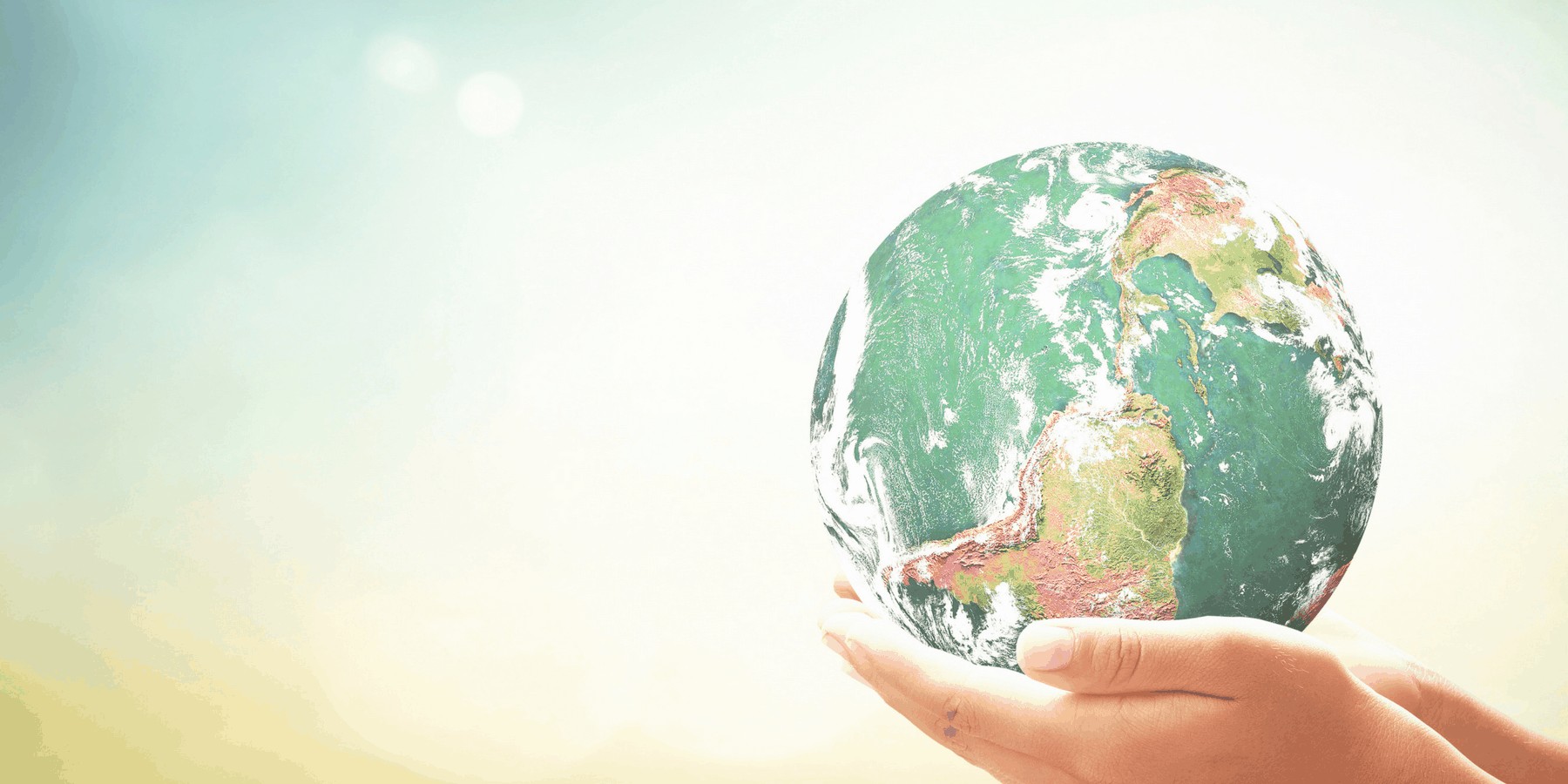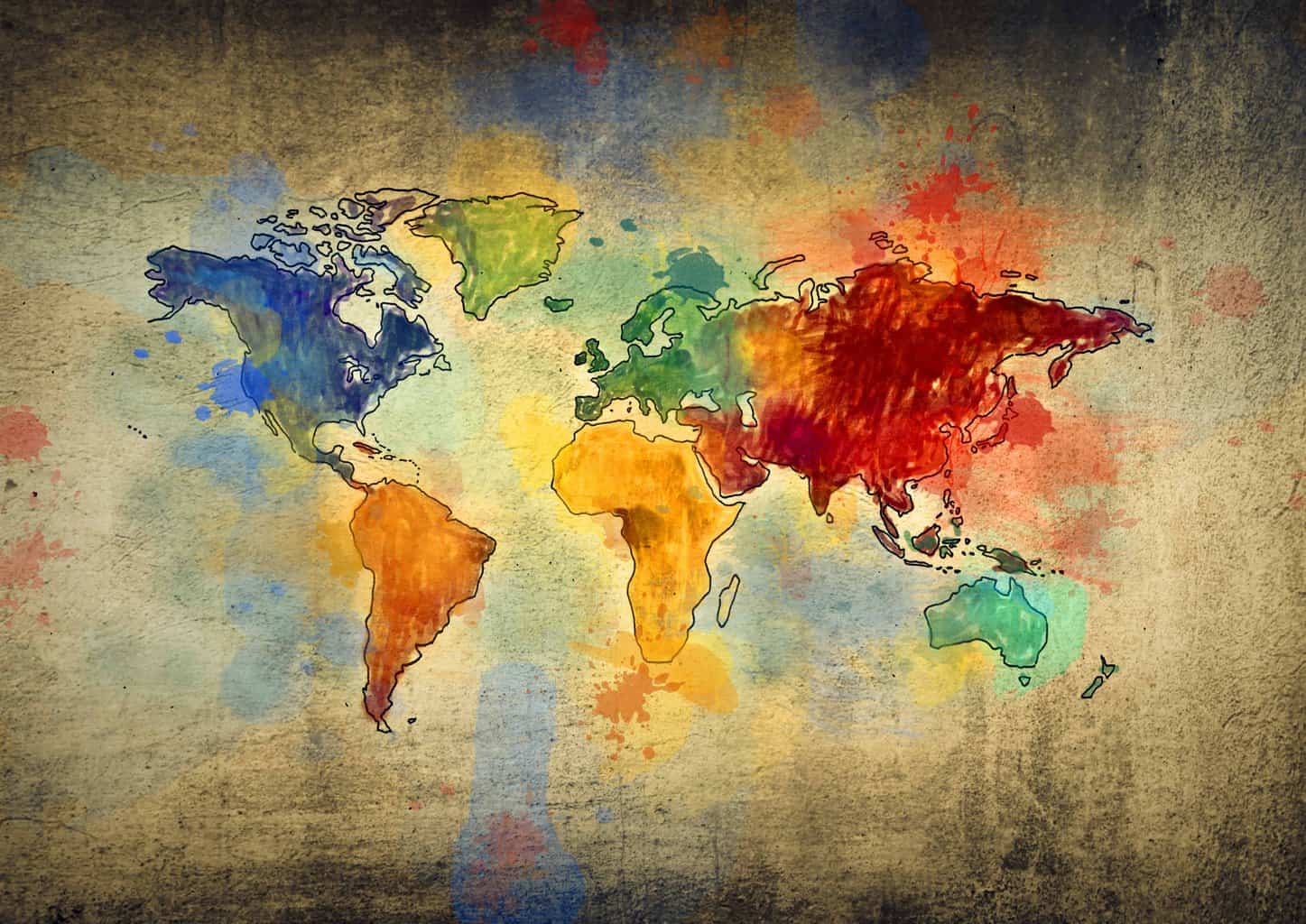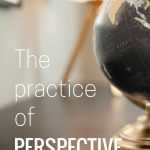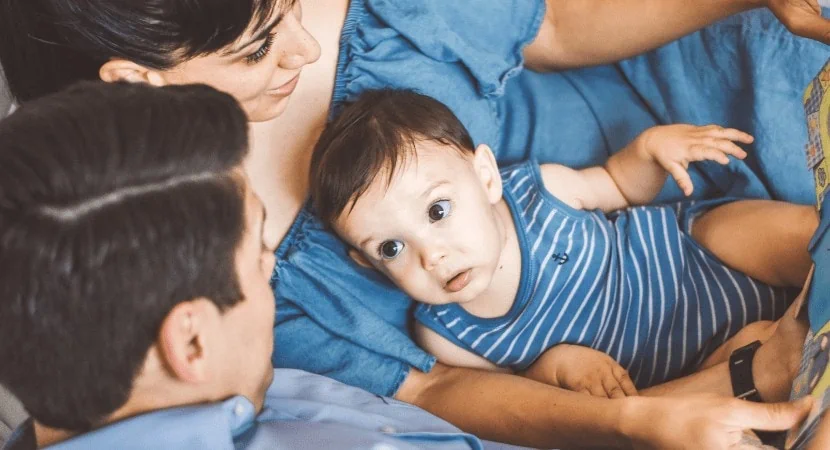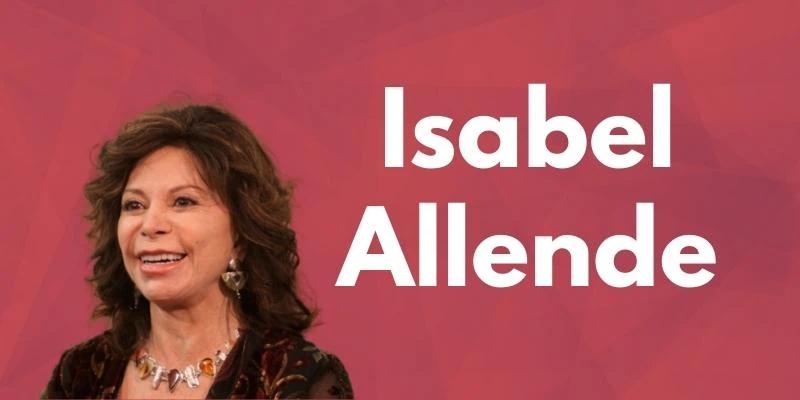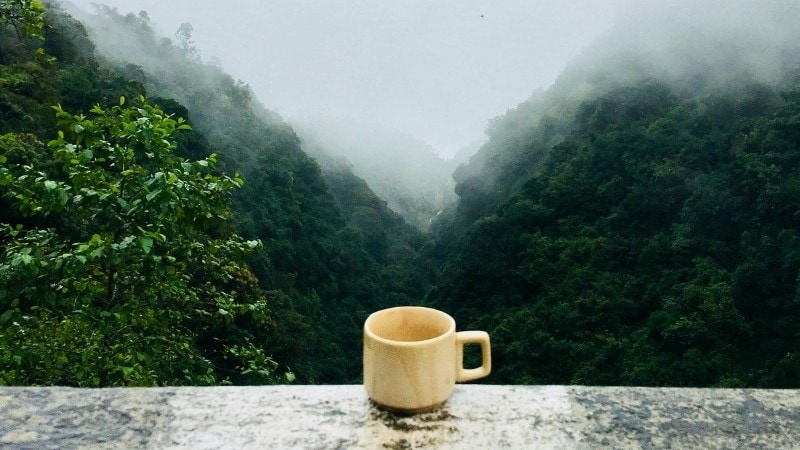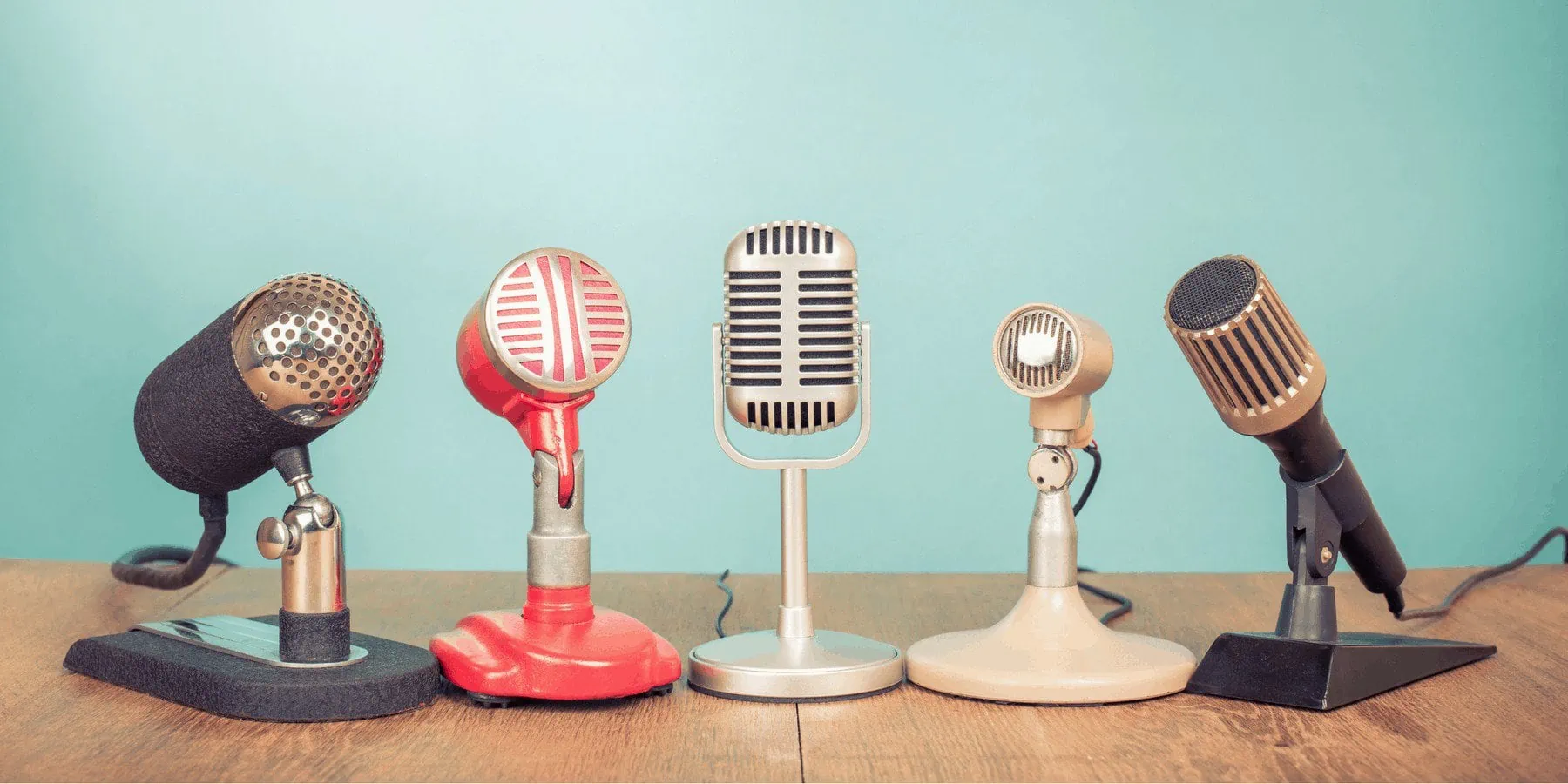Thankfulness: The Practice of Perspective
Two years ago I was very pregnant with my second baby, living in my parent’s basement. We only planned to stay a few months, to “get back on our feet.” Two years later, there we were still. It had been yet another year of constant car repairs, a failed business start-up, a new baby and no maternity leave. My husband’s Peruvian credentials were not the same here, and college credits didn’t transfer. We were stuck, and not in a way that coupons could fix.
Things eventually got better, but at the time I thought they might not. And now I see that as a gift.
I had to quit reading the books on how to save money (cancel what cable? sell what second car?). I needed advice on how to be. In our circle of friends, we were the ones on government aid, asking to borrow cars when ours broke down. Once a sweet friend of my parents asked me where we lived.
“Well we actually live here.”
“Oh yeah, what neighborhood?”
“I mean, we live here. Like, downstairs here.”
“Oh! I see.”
And I was learning to be. I knew too much to really feel sorry for us. I’d taught too many kids and lived in too many places to ask, “Why me?” because of course I would have to ask, “Why them?” Why, in fact, did I get to live in a warm, safe basement, with well-nourished babies and clean water?
I felt embarrassment as I held up the line with my WIC purchases. But there, red-faced, I became more myself, less my college degree. When friends came to visit, it was me, not beautiful possessions. The stress of those times was real, but there was goodness. This is partly why I cringe when I hear people throwing around the world “blessed” in relation to wealth– as if material things and blessings are the same.
During that time, I read A Mother’s Rule of Life. In the chapter on finances the author describes how she dealt with financial stress, and put to words what I had been thinking:
“One day, I made a large poster with pictures of children and families from all over the world that I’d cut out of National Geographic magazines. I laminated it, and hung it in my kitchen. When I’d get frustrated because I couldn’t buy what I wanted, I’d go and sit desolately in front of that poster.
…I’d see the picture of the little boy, a patch over a damaged eye, his face ravaged by shrapnel and the pain of war, and compare it with the glistening eyes and rosy cheeks of my children who knew no more than sibling rivalry. And I’d say to myself, “Why them? Why me?” And I couldn’t come up with any answers, except that I had a great many blessings and a tremendous responsibility to be grateful for what I had. And I’d have to get up and say to God, “I’m sorry. Thank you. Help me,” and go do my dishes.”
You see, I had friends living with so much less. Being a cross-cultural family has often made life more difficult, but it also gives us a certain perspective. That perspective does not allow me to think I can’t bear living in a basement. It doesn’t allow me to think I should be exempt from financial insecurity.
The embarrassment I felt in the grocery store? My students’ mothers knew it well and their dignity helped me. Not just people in magazines, but friends– friends living in far greater insecurity, with much smaller safety nets.
My embarrassment in our living situation? In Peru I’d been graciously welcomed into homes with no floors. Did I consider myself above that? I remembered the dirt floors and welcoming hearts.
Stress, worry, and self-pity were tempting; these memories helped me through.
I don’t mean to say that we should ignore our own pain by thinking of what could be worse. An actual wound needs to be healed; comparison won’t make it go away. It is not saying, “Your situation is worse; therefore mine doesn’t matter.” It is more, “Teach me. Remind me. Help me know what I have.” In our financial struggle, my sisters the world over gave me strength.
I’ve known people who don’t have floors, and I think my cabinets look outdated.
I’ve met immigrants who lost everything, and I daydream about better clothes.
I’ve lived in a basement, and I forget to say thank you for my home.
In an upside-down kingdom, financial security is not the end-all, be-all. May my dissatisfaction with my shoes turn into prayers for those without any. May I think twice about where I spend my money, and who is making the things I buy. May my estimation of what I need be informed by those the world over, not just those nearby. May I remember the basement, because it’s helped me know what is real.
